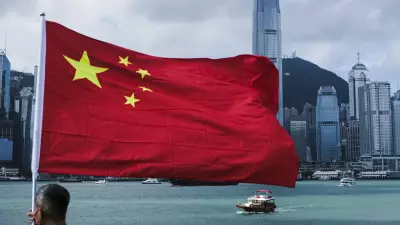
In a dramatic shift that could reshape global economic dynamics, the United States and China are preparing to restart crucial trade negotiations next week. The development marks a potential thaw in relations between the economic superpowers, coming at a critical juncture for international trade.
Softening Stance on Tariffs
Former President Donald Trump, who had previously maintained a hardline position on Chinese trade practices, has notably softened his tariff threats ahead of the upcoming talks. This change in tone suggests a willingness to explore diplomatic solutions rather than escalating trade tensions through additional punitive measures.
Timing and Strategic Importance
The timing of these negotiations is particularly significant, occurring against the backdrop of ongoing economic challenges and shifting global alliances. Both nations appear to recognize the mutual benefits of finding common ground, especially given the interconnected nature of their economies and supply chains.
What to Expect from the Talks
- Market Stability: Financial markets worldwide are closely monitoring the negotiations, as positive outcomes could boost investor confidence
- Supply Chain Relief: Successful talks may ease pressure on global supply chains that have faced disruptions due to trade tensions
- Technology Transfer: Intellectual property rights and technology transfer issues are likely to feature prominently in discussions
- Agricultural Trade: American farmers and Chinese importers are particularly invested in the outcome, given previous disruptions to agricultural trade flows
Broader Implications
The resumption of dialogue between Washington and Beijing carries implications far beyond bilateral trade. A constructive outcome could:
- Stabilize global economic growth projections
- Reduce inflationary pressures in both countries
- Create opportunities for cooperation on broader geopolitical issues
- Set the tone for future economic engagement between developed and emerging economies
As the world watches closely, these negotiations represent more than just trade discussions—they signal the potential for recalibrating one of the most important economic relationships of the 21st century.





